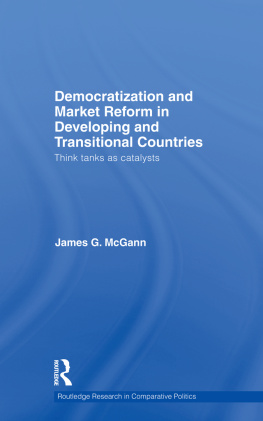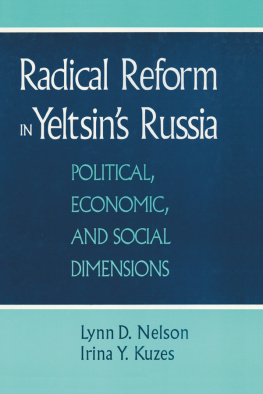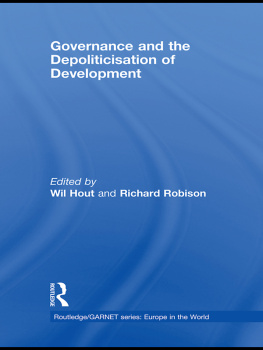Luigi Manzetti - Neoliberalism, Accountability, and Reform Failures in Emerging Markets: Eastern Europe, Russia, Argentina, and Chile in Comparative Perspective
Here you can read online Luigi Manzetti - Neoliberalism, Accountability, and Reform Failures in Emerging Markets: Eastern Europe, Russia, Argentina, and Chile in Comparative Perspective full text of the book (entire story) in english for free. Download pdf and epub, get meaning, cover and reviews about this ebook. City: University Park, year: 2010, publisher: Penn State University Press, genre: Science. Description of the work, (preface) as well as reviews are available. Best literature library LitArk.com created for fans of good reading and offers a wide selection of genres:
Romance novel
Science fiction
Adventure
Detective
Science
History
Home and family
Prose
Art
Politics
Computer
Non-fiction
Religion
Business
Children
Humor
Choose a favorite category and find really read worthwhile books. Enjoy immersion in the world of imagination, feel the emotions of the characters or learn something new for yourself, make an fascinating discovery.
- Book:Neoliberalism, Accountability, and Reform Failures in Emerging Markets: Eastern Europe, Russia, Argentina, and Chile in Comparative Perspective
- Author:
- Publisher:Penn State University Press
- Genre:
- Year:2010
- City:University Park
- Rating:3 / 5
- Favourites:Add to favourites
- Your mark:
Neoliberalism, Accountability, and Reform Failures in Emerging Markets: Eastern Europe, Russia, Argentina, and Chile in Comparative Perspective: summary, description and annotation
We offer to read an annotation, description, summary or preface (depends on what the author of the book "Neoliberalism, Accountability, and Reform Failures in Emerging Markets: Eastern Europe, Russia, Argentina, and Chile in Comparative Perspective" wrote himself). If you haven't found the necessary information about the book — write in the comments, we will try to find it.
The agenda of neoliberal market reform known as the Washington Consensus, which was meant to turn around the economies of developing and postcommunist countries and provide the bedrock of economic success on which stable democracies could be built, has largely proved to be a failure, with Russia and many Latin American countries like Argentina left in severe economic crisis by the end of the 1990s.
Some proponents of neoliberal reform, such as Anne Krueger, have attributed this failure to the piecemeal and incomplete implementation of reform measures, while others, including Nobel Prize economist and former World Bank vice president Joseph Stiglitz, have pointed to technical flaws in the policies. While both of these assessments focus narrowly on economic factors, Luigi Manzetti highlights the crucial importance of political institutions and processes to a fully adequate explanation. His argument is that the ideology of neoliberal reform, rooted in the theories of Friedrich von Hayek and Milton Friedman, assumed political checks and balances that did not exist in many of these countries undergoing market reform, and that only by taking political accountability as an influential variable in the equation for success can we really understand what happened. Where accountability was weak, patterns of corruption, collusion, and patronage worked to undermine the intended aims of market reform. Manzetti uses both large N statistical analyses and small N case studies (of Argentina, Chile, and Russia) to provide empirical evidence for his argument.
Luigi Manzetti: author's other books
Who wrote Neoliberalism, Accountability, and Reform Failures in Emerging Markets: Eastern Europe, Russia, Argentina, and Chile in Comparative Perspective? Find out the surname, the name of the author of the book and a list of all author's works by series.











